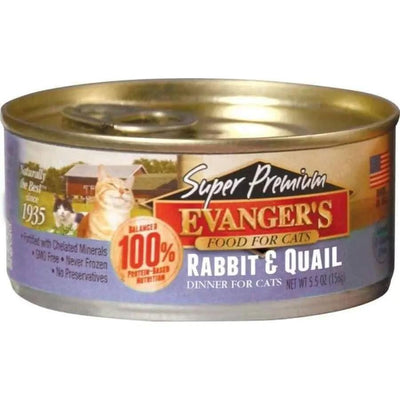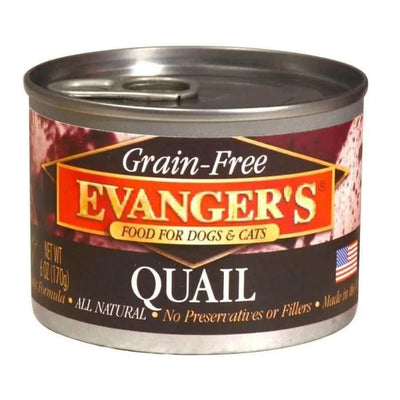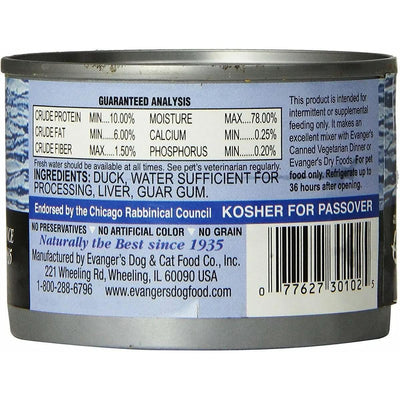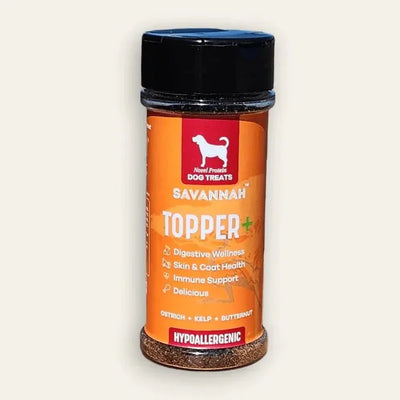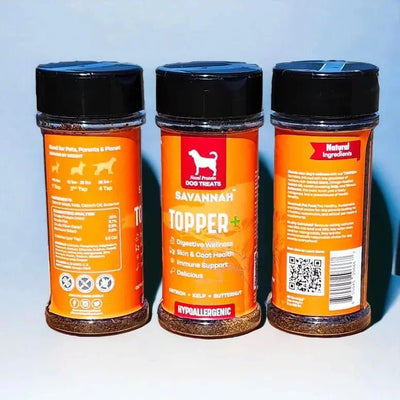Very healthy, high quality dog food
Thank you
Thank you for taking the time to leave a review for our Real Meat® Air-Dried Beef Dog Food. We are delighted to hear that your furry friend is enjoying a healthy and high-quality meal. It means a lot to us to know that our product is meeting your expectations. Thank you for choosing Real Meat®.
My dog loves these!
Hi there! We're so glad to hear that your dog is loving our chicken nuggets dog food. Thanks for sharing your feedback with us! :)
He is on prescription food due to illness.
Hi there, thank you for taking the time to leave a review. We're sorry to hear that your pup is dealing with an illness and we hope they are on the road to recovery. Our OrgaNOMics Lamb & Beef Dinner is made with high-quality ingredients that may be suitable for dogs with special dietary needs. We recommend consulting with your veterinarian before making any changes to your dog's diet. Wishing you and your furry friend all the best.
Absolutely Blown Away by the Speed and Service!
I honestly cannot recommend Talis Us enough. I placed an order recently and expected the usual wait time you get with most online retailers, but I was completely wrong. The shipping speed was incredible—my package arrived at my doorstep way faster than the estimated delivery date. It felt like I blinked and the box was already there!
Beyond the lightning-fast delivery, the customer service experience was top-tier. I had a quick question about my order before it shipped, so I reached out to their support team. They were responsive, friendly, and genuinely helpful. You can tell they actually care about their customers and aren't just reading from a script.
It is rare to find a company that nails both logistics and human support so perfectly. If you are on the fence about ordering from Talis Us, just do it. You won't be disappointed!
Rating: 5/5 Stars
Thank you so much for taking the time to leave such a glowing review! We are thrilled to hear that you had such a positive experience with our shipping speed and customer service. We take great pride in providing fast and efficient delivery, as well as top-notch support for our customers. We truly appreciate your kind words and hope to continue providing excellent service for you and your furry friend. Thank you for choosing Talis Us!
I am absolutely blown away by the service I received from this company. I placed my order expecting the usual wait time, but the package arrived at my doorstep almost immediately. It felt like I blinked and the delivery was already there—truly the fastest shipping I have experienced in a long time.
Beyond the speed, the customer service was top-tier. I had a small question about my order details and reached out to their support team. They responded within minutes, not with a generic automated message, but with a genuine, helpful answer that resolved my inquiry instantly. It is rare to find a business that values your time just as much as your money.
If you are looking for reliability and a team that actually cares about getting things right, look no further. I will definitely be a returning customer.
Thank you so much for taking the time to leave us such a kind review. We are thrilled to hear that you had such a positive experience with our company and that our fast shipping and customer service exceeded your expectations. We truly value our customers and are always here to help in any way we can. We look forward to serving you again in the future.









